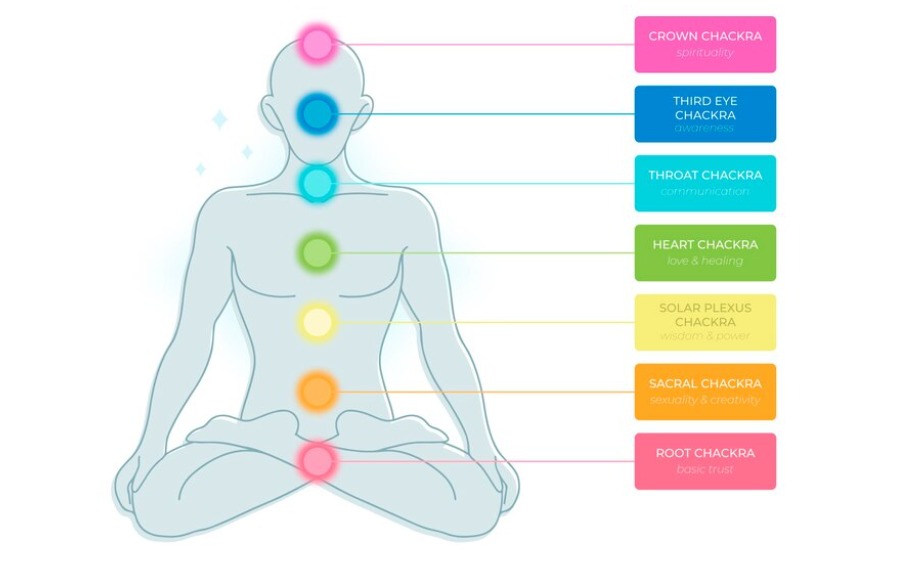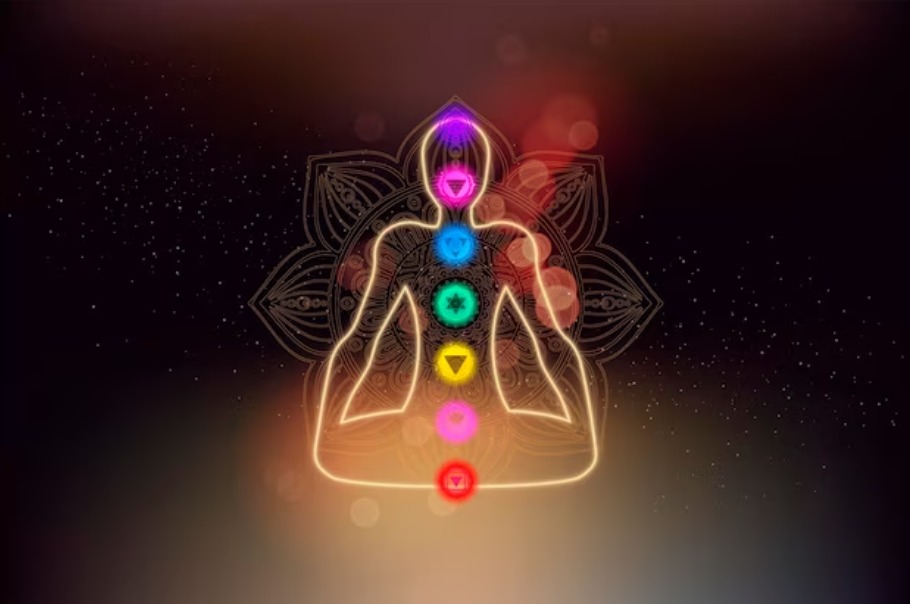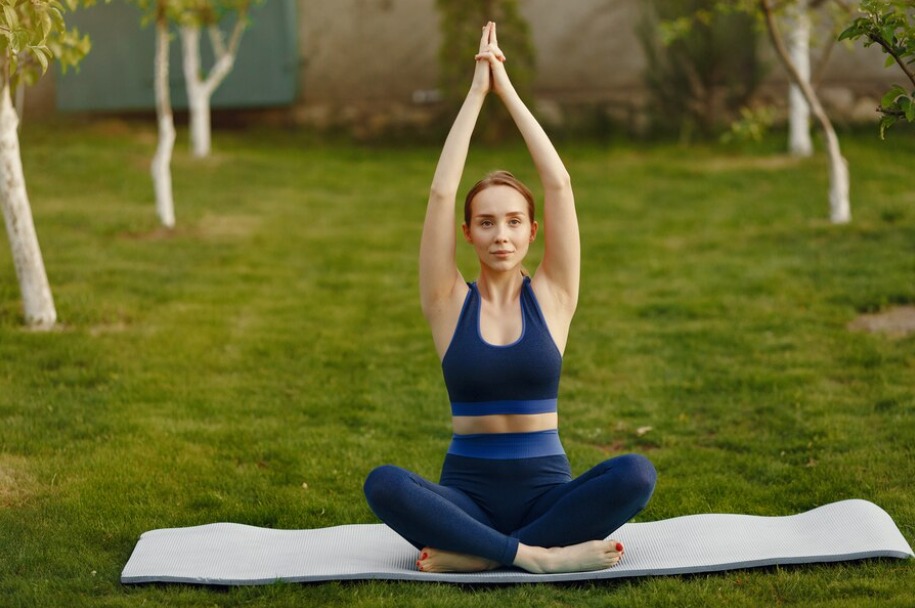In a world filled with chaos and stress, finding moments of peace and tranquility can feel like a rare luxury. Enter yoga – an ancient practice that offers a sanctuary for the body, mind, and spirit amidst the hustle and bustle of modern life. Join us as we embark on a comprehensive exploration of the transformative power of yoga and uncover the secrets to finding balance, harmony, and inner peace.
Exploring the Origins of Yoga:

Yoga has its roots in ancient India, where it originated as a spiritual practice aimed at attaining self-realization and enlightenment. The word “yoga” itself is derived from the Sanskrit word “yuj,” which means to yoke or unite, symbolizing the union of body, mind, and spirit.
Over thousands of years, yoga has evolved into a multifaceted discipline encompassing physical postures (asanas), breath control (pranayama), meditation (dhyana), and ethical principles (yamas and niyamas). Today, yoga is practiced by millions of people worldwide, each seeking to reap the myriad benefits of this time-honored tradition.
Physical Benefits of Yoga:

One of the most well-known aspects of yoga is its ability to improve physical health and well-being. Through a combination of stretching, strengthening, and balancing exercises, yoga helps improve flexibility, mobility, and joint range of motion. Additionally, yoga postures can help alleviate muscular tension and promote relaxation, reducing the risk of injury and enhancing overall physical function.
Beyond the physical benefits, yoga also offers a cardiovascular workout, particularly in dynamic styles like Vinyasa or Power Yoga, which involve flowing sequences of poses linked with breath. Regular yoga practice can improve cardiovascular fitness, enhance circulation, and lower blood pressure, reducing the risk of heart disease and other chronic conditions.
Mind-Body Connection:

One of the unique aspects of yoga is its emphasis on the mind-body connection – the awareness and integration of physical sensations, thoughts, and emotions. Through mindful movement and breath awareness, yoga cultivates a sense of presence and mindfulness that extends beyond the mat and into daily life.
By practicing yoga, individuals learn to tune into their bodies’ signals, recognizing areas of tension, discomfort, or imbalance, and responding with compassion and self-care. This heightened awareness fosters a deeper understanding of oneself and promotes greater self-acceptance and self-compassion, leading to improved mental and emotional well-being.
Spiritual Awakening:

While yoga is often associated with physical fitness and stress relief, its roots are deeply spiritual, rooted in ancient philosophies and traditions. The practice of yoga is inherently holistic, addressing not only the physical body but also the subtle energy body and the spiritual essence within.
Through meditation, chanting, and self-inquiry practices, yoga offers a pathway to self-realization and spiritual awakening, inviting practitioners to explore the depths of their inner being and connect with the divine. Yoga philosophy teaches principles of non-attachment, selfless service, and unconditional love, guiding individuals on a journey of self-discovery and transformation.
Applying Yoga Off the Mat:
One of the most profound aspects of yoga is its ability to transform not only our physical bodies but also our minds and hearts. The principles and teachings of yoga can be applied off the mat, in our everyday lives, to cultivate greater compassion, mindfulness, and resilience.
By embodying the virtues of yoga – such as kindness, honesty, and gratitude – we can navigate life’s challenges with grace and equanimity, fostering deeper connections with ourselves and others. Whether it’s through acts of self-care, meditation, or service to others, the practice of yoga offers endless opportunities for growth and self-discovery.
Hope this information add values!!

